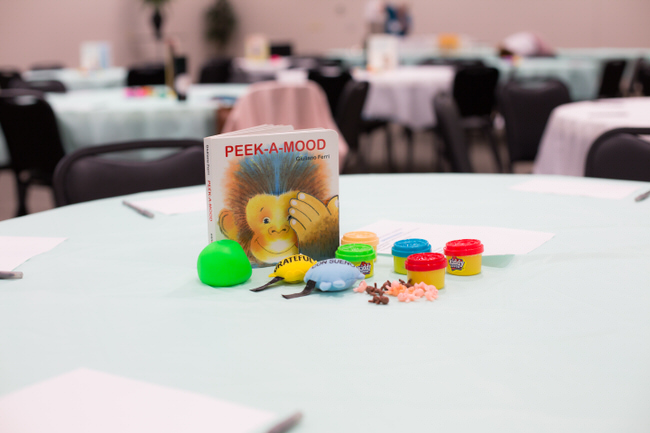Do you ever feel like your phone is an extension of your arm? Does the constant barrage of notifications leave you feeling frazzled and overwhelmed? If you answered yes, you’re not alone. In today’s digital age, we’re constantly bombarded with information, social media updates, and the pressure to stay connected. While technology offers undeniable benefits, it can also take a toll on our mental and physical well-being. This is where the concept of a digital detox comes in.
What is a Digital Detox?
A digital detox is a period of time when you voluntarily limit or abstain from using digital devices like smartphones, computers, and social media. It’s a chance to disconnect from the constant stimulation of the digital world and reconnect with yourself and the world around you.
Why is a Digital Detox Important?
The constant influx of information and stimuli from our devices can have several negative effects on our well-being:
The constant influx of information and stimuli from our devices can have several negative effects on our well-being:
- Reduced Attention Span: Multitasking between screens and notifications can fragment our focus and make it harder to concentrate on deep work or meaningful conversations. Studies have shown that heavy social media use can be linked to a shorter attention span.
- Increased Stress and Anxiety: The pressure to stay connected and keep up with the online world can be overwhelming, leading to feelings of stress and anxiety. The fear of missing out (FOMO) can also be a major contributor to anxiety, fueled by the carefully curated feeds we see on social media.
- Sleep Disruption: The blue light emitted from electronic devices can interfere with our sleep cycle, making it harder to fall asleep and stay asleep. Blue light suppresses the production of melatonin, a hormone that regulates sleep-wake cycles.
- Decreased Social Interaction: Spending too much time online can take away from face-to-face interactions and real-life relationships. Social media can create a false sense of connection, leaving us feeling isolated despite having a large online network.
Benefits of a Digital Detox
By taking a break from the digital world, you can experience a range of benefits:
- Improved Focus and Concentration: When you’re not constantly bombarded with notifications and distractions, you can train your brain to focus on the task at hand and achieve a state of flow. This can lead to increased productivity and a greater sense of accomplishment.
- Reduced Stress and Anxiety: Disconnecting from the online world can give your mind a much-needed break, leading to a reduction in stress and anxiety levels. You may find yourself feeling calmer, more relaxed, and better equipped to handle daily challenges.
- Better Sleep: Limiting screen time before bed can allow for a more restful night’s sleep, leaving you feeling more energized and refreshed during the day. Getting enough quality sleep is essential for overall health and well-being.
- Increased Creativity: Spending time away from screens can free up your mind for new ideas and inspiration. Stepping away from the constant stream of information online allows your mind to wander and make connections that might not be possible when you’re constantly bombarded with external stimuli.
- Enhanced Relationships: Digital detox allows you to be more present in your real-life interactions, fostering stronger connections with loved ones. Putting down your phone and giving your full attention to the people around you can lead to more meaningful conversations and deeper connections.
Planning Your Digital Detox
There’s no one-size-fits-all approach to a digital detox. Here are some steps to help you plan yours:
- Set Your Goals: What do you hope to achieve by taking a digital detox? Do you want to improve your focus, reduce stress, or simply have more time for other activities? Identifying your goals will help you tailor your detox experience.
- Choose Your Duration: A digital detox can be anything from a few hours to a few weeks. Start with a manageable timeframe, like a weekend or a few days, and gradually increase the duration as you become more comfortable.
- Identify Your Triggers: What apps or websites do you find yourself mindlessly scrolling through? Identifying your triggers can help you create a plan to avoid them during your detox. For example, if you find yourself constantly checking social media, consider deleting the apps from your phone or blocking the websites on your computer.
- Communicate with Others: Let your family, friends, and colleagues know that you’ll be limiting your digital availability. This will help manage expectations and avoid unnecessary worries.




